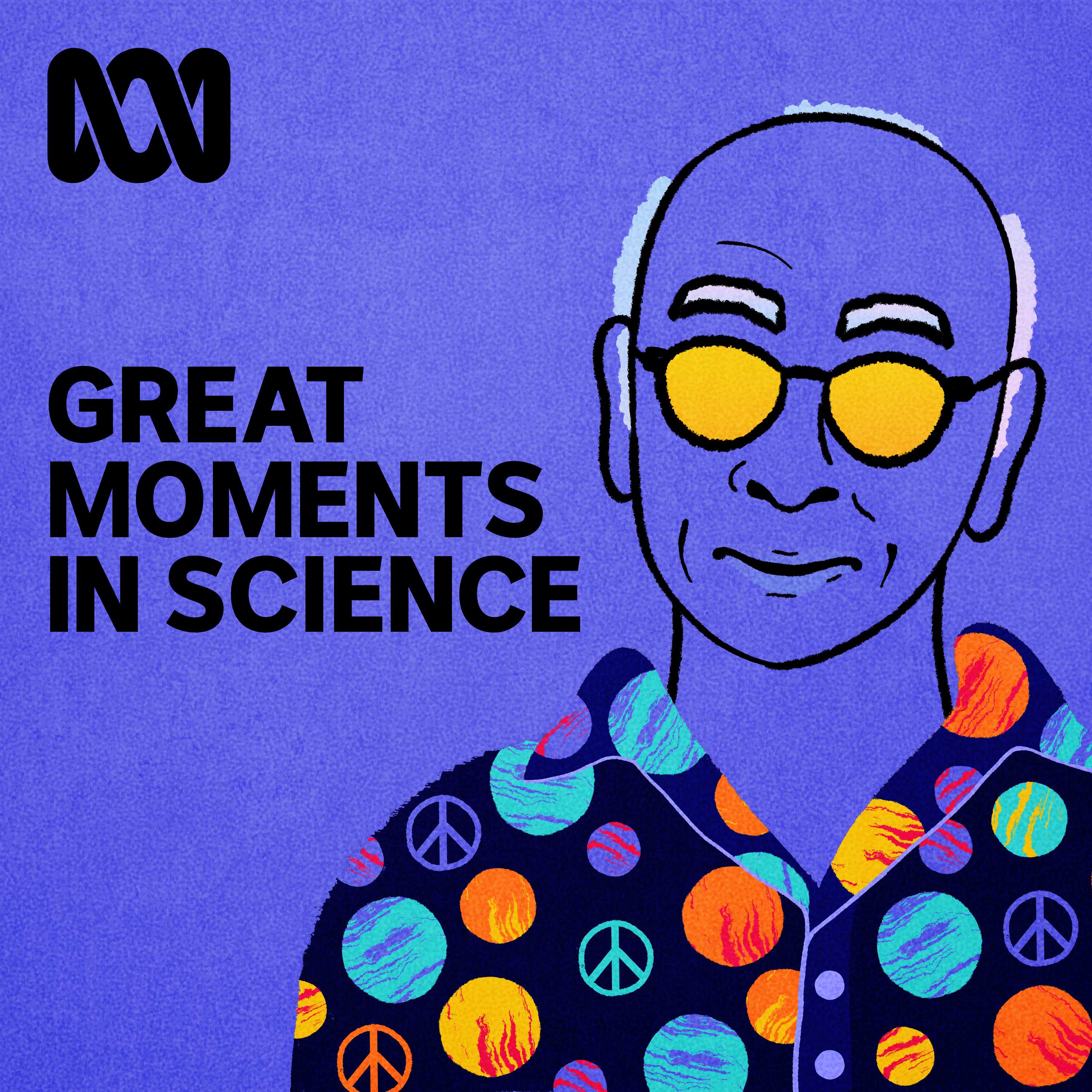Episodes
An interesting demographics exercise is to add up the number of humans who've existed. This is different from how many people are in a population—which in late November 2022, is about 8 billion. But using data going back as far as possible, the number of people who've existed is reckoned at over 100 billion.
Host: Dr Karl Kruszelnicki
Published 12/06/22
One might imagine that face masks work because the multiple layers will stop a virus getting through. But no, that's not it—they use a high-tech 'melt-blown' material, developed from a technique first noticed in volcano eruptions.
Host: Dr Karl Kruszelnicki
Producer: Diane Dean
Published 11/29/22
Nowadays we're pretty familiar with wearing a face mask to reduce infection rates, and that some masks are better than others.But understanding why the N95 mask is a really good mask one came as a surprise.
Host: Dr Karl Kruszelnicki
Producer: Diane Dean
Published 11/22/22
Nuclear weapons carry enormous destructive power in a very small package. A nuclear weapon weighing about a quarter of a ton can release as much energy as exploding 1.2 million tons of TNT – that’s a multiplication factor of about five million. During the Cold War the combined numbers of US and Soviet nuclear weapons reached about 70,000. There are not so many these days but there are still enough to end civilisation as we know it.
Published 11/15/22
The further adventures of some of the most powerful events in our Universe: Gamma Ray Bursts. The biggest one recorded was in October 2022, in a galaxy far, far away. What would have happened if it had exploded inside our Milky Way galaxy?
Published 11/08/22
First on the list of Most Energetic Events Ever in our universe is The Big Bang. No mean contender for top ranking is the "Gamma Ray Burst" - aka the GRB. GRBs can put out more energy in a few seconds than our Sun produces in its 10-billion-year lifetime.
Published 11/01/22
The invention of the elevator made city-living possible. It made possible a rapid mixing of cultures and concepts, efficient use of energy—and ultimately, increased economic output. And now there's a further improvement called 'destination despatching'.
Published 10/25/22
The first definite proof of a link between humans and dogs is a 15,000-year-old grave holding a dog, a man and a woman. Intensive breeding of dogs began about 200 years ago, which resulted in most of today's 450-or-so breeds. And there's a definite mutual appreciation society between people and canines
Published 10/18/22
In 2013 the academic journal published an article called, “Taste perception: from the tongue to the testis”. It looked at some of the distinct taste sensations that we register in the Gustatory Cortex - the taste centre of our brain which are picked up by taste buds on the tongue. However, there's a difference between taste buds and taste receptors ... which is where the testis enters the story.
Published 10/11/22
Earth's defence against the existential threat of extraterrestrial rocks has been bolstered.
But is it really all that important for humanity to have a plan of attack for an asteroid ambush?
Published 10/04/22
It wasn't the first, second or even third issue to come up in the wake of this year's huge undersea volcanic eruption in Tonga.
But the eruption, and the ensuing tsunamis, did have a far-reaching impact on the kingdom's neighbours and beyond — including on Australia's coastline.
Published 09/27/22
For a long time our home solar system was all we knew. But since we’ve gotten a better look at other systems near and far, it has become apparent... our solar system is weird.
Published 09/20/22
Dr Karl explains how artificial intelligence detects and distinguishes between look-alikes.
Published 09/13/22
The term 'doppelgänger' goes back centuries, but in recent years the internet has made it much easier to find your look-alike
Published 09/06/22
There's a precise science behind the impact of small, falling objects. Some can be deadly. Others don't pack much of a punch.
Published 08/30/22
Published 08/22/22
The final installment of why the Earth is suddenly speeding up—after more than a billion years of slowing down.
How do we measure the rate of the Earth’s revolution, and what happens when the time on our clocks doesn’t quite match up?
Published 08/22/22
Part 2 of the explanation about the accelerating spin of the Earth - which is against the trend of the last one-and-a-half billion years.
Published 08/16/22
Part 1 about how the Earth is unexpectedly speeding up, and has recorded its shortest day ever – 1.59 milliseconds shorter than the standard 86,400 seconds
Published 08/09/22
Electricity supply is shifting to renewables, so batteries are important. It might even be cheaper to power your house with the battery from your electric car, rather than batteries specifically designed for houses.
Published 08/02/22
Nose-picking is something that people find disgusting—yet we still do it. And how about the gunk that’s in your nose—is it ok to eat that?
Published 07/26/22
Published 07/19/22
The highest standard for measuring body temperature is via a heart sensor—after that, it's from inside a body cavity; and you can do it from inside the mouth or the ear, but that's not as accurate, and even less so when measured on the skin. Measuring brain temperature is different again—and be astonished that the temperature of the human brain differs from the rest of the body.
Published 07/12/22
Have you ever been winded? You suddenly lose the ability to do something you've done 15 times each minute of your life. It's one part anatomy, one part physiology, and one part don't panic.
Published 07/05/22
Dogs tend to hang around humans but do they really love us—and what’s with the head tilt? Their affability might be due to two genes known to influence sociability in mammals. Gradually genetics turned dogs and humans into best friends.
Published 06/28/22


